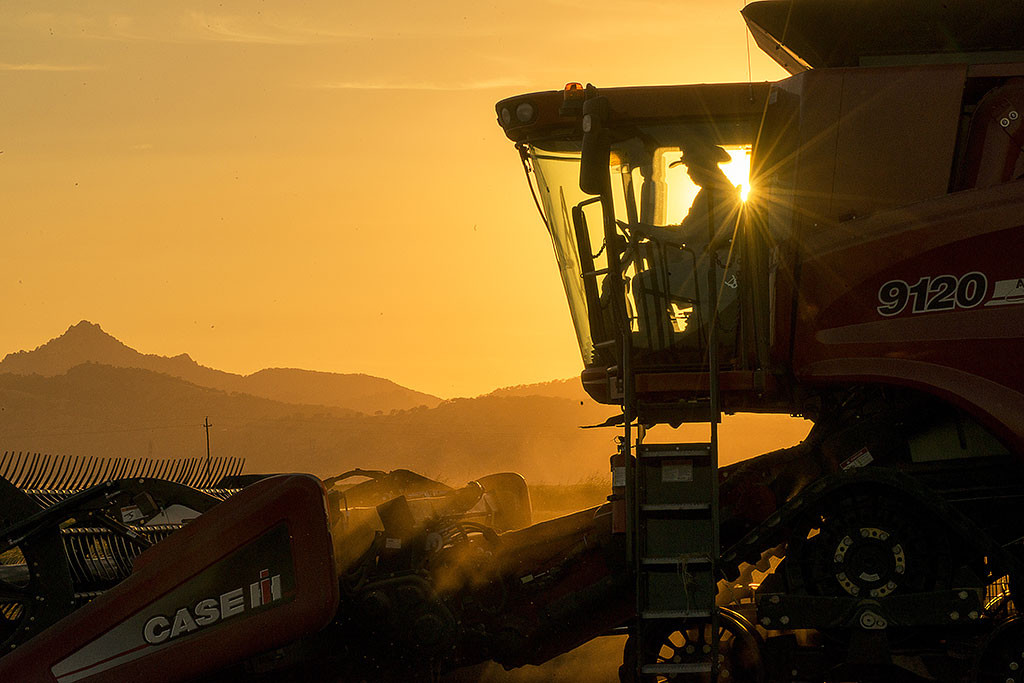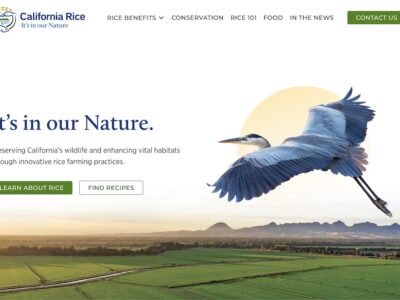Monitoring for the 2024 year is complete.
The 2024 surface and groundwater monitoring under the RPP and WDR programs was completed in August.
For the Rice Pesticide Program (RPP), only one detection of thiobencarb was reported for the whole season. That result was well below the agricultural drain performance goal. Additional samples were collected in non-program monitoring sites, with similar results. We thank the County Agricultural Commissioner’s offices for their support of the program.
The Rice Waste Discharge Requirements (WDR) surface water program monitored the same two pesticides as the previous year, with similar results below regulatory targets. The pyrethroid monitoring results reported toxicity and acute pyrethroid triggers in several samples at the upper Colusa Basin Drain. The CRC will continue to work with local industry members and the Water Board for outreach and compliance.
The Rice Waste Discharge Requirements (WDR) groundwater program reported similar low levels of nitrates in shallow groundwater beneath rice fields. These results continue to support our Nitrate and Initial Assessment and Technical Memo(s) that have demonstrated a de minimis impact of nitrate leaching from rice field into shallow groundwater.
We appreciate the industry’s support of the regulatory programs and their good stewardship of the commercial products used and protection of the environment.
For more information, contact the CRC’s Industry Affairs Manager Craig Riddle at criddle@calrice.org or (916) 812-3468.



